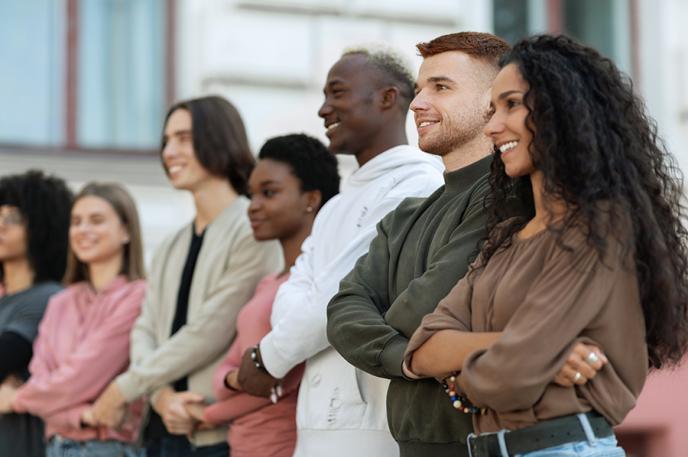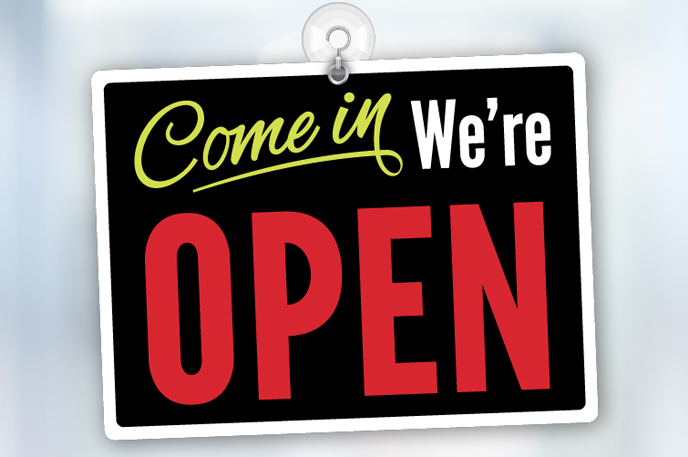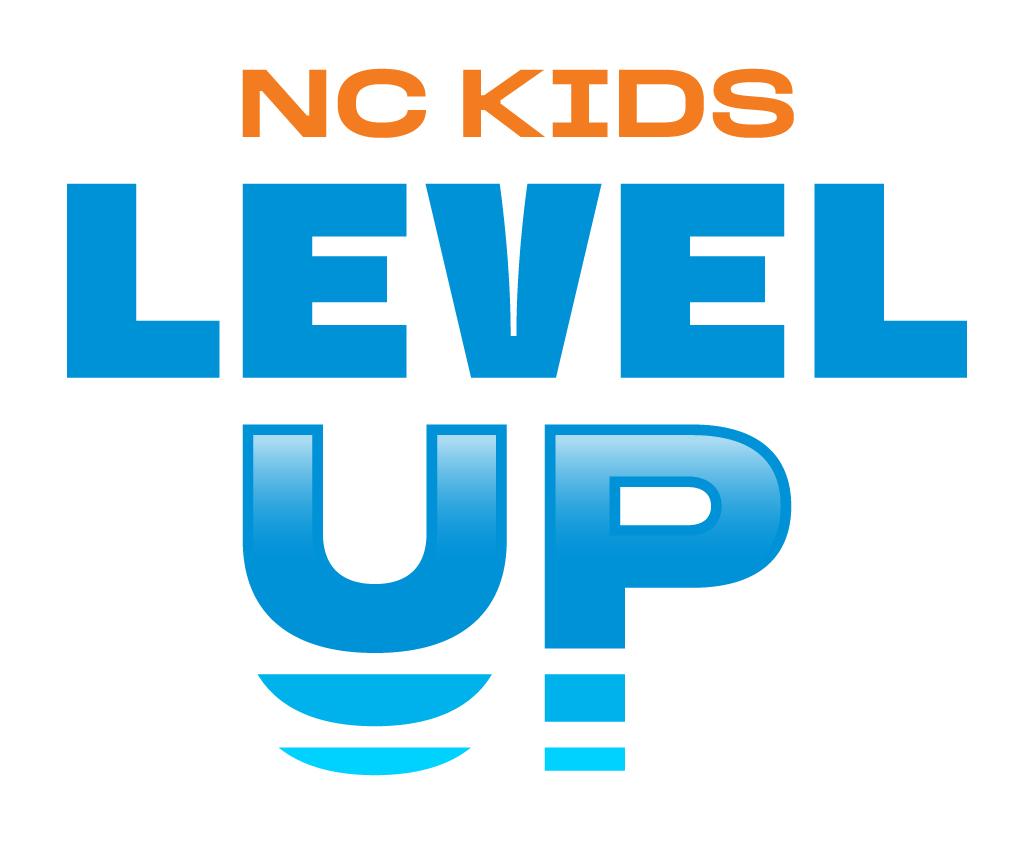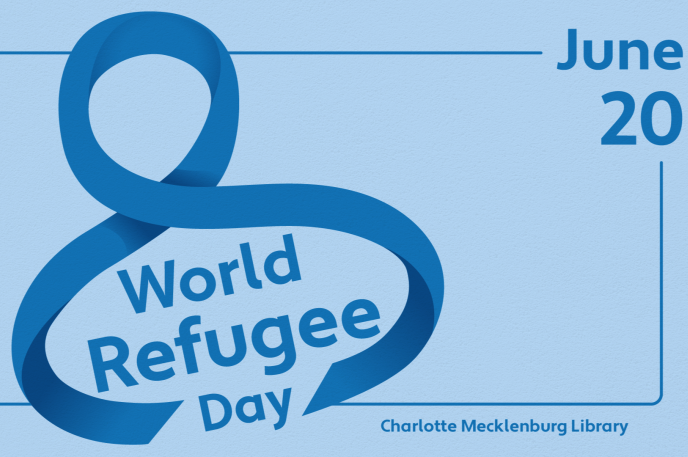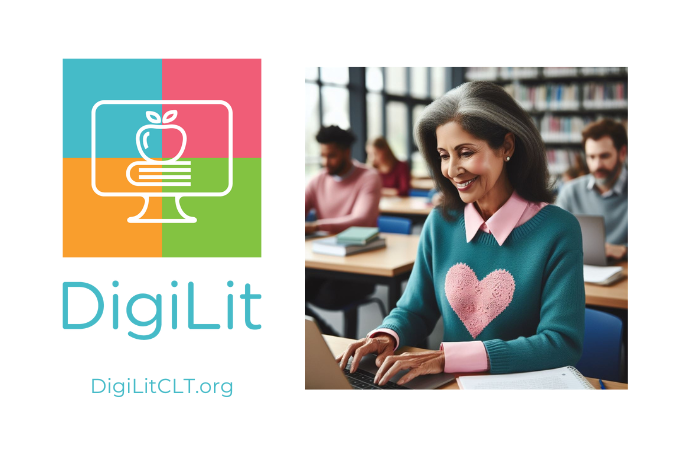
Fall in Love with a New Tech Skill at Charlotte Mecklenburg Library!
February 13, 2024
This blog was written by Laura Cavette, library associate at Myers Park Library.
Love is in the air, and Charlotte Mecklenburg Library is celebrating by helping you ignite your passion for learning with DigiLit, the Library's digital literacy brand offering a range of technology training options. Whether you're a beginner or looking to brush up on your skills, our classes are designed to empower you with essential tools for success in today's digital world.
Led by trained library staff, DigiLit classes cover a variety of popular tools, including Microsoft Word, Canva, Microsoft Excel, and Google Drive. Plus, you can choose to join us either on Zoom from the comfort of your own home or in-person at select library locations, making learning convenient and accessible!
With Microsoft Word, you can create professional-looking documents, resumes, and flyers. Canva unleashes your creativity, enabling you to craft captivating graphics for social media, presentations, and more. Microsoft Excel helps you organize and analyze data like a pro, while Google Drive provides seamless collaboration and cloud storage for all your documents.
To further extend your learning journey, Charlotte Mecklenburg Library offers access to Northstar Digital Literacy – an online tool designed to help individuals master essential digital skills. From basic computer skills to using technology to accomplish tasks, Northstar has you covered with self-guided lessons that fit your schedule and pace.
Are you ready to embark on your digital literacy adventure? Get started today by visiting DigiLitCLT.org and let's make this Valentine's season a celebration of learning, growth, and digital empowerment.

